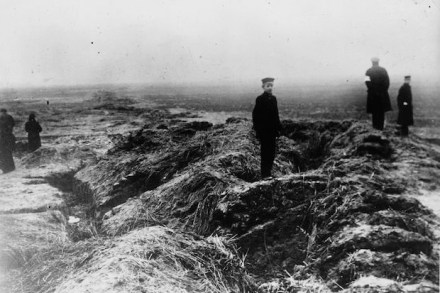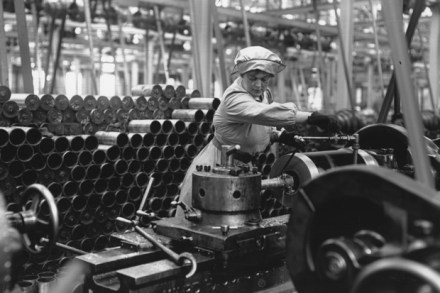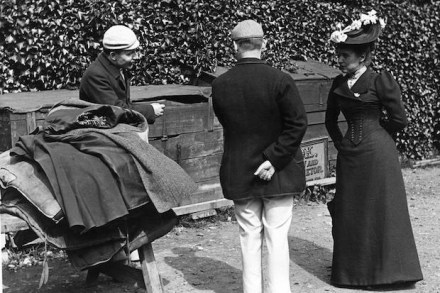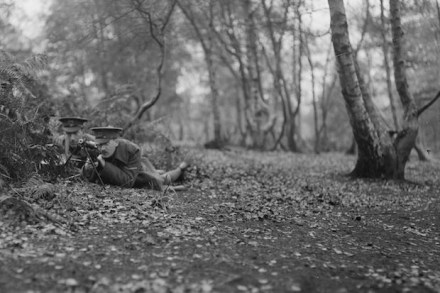The Russians are coming
From ‘The Inexpugnability of Russia’, The Spectator, 26 June 1915: At this moment, after nearly a year’s fighting, Russia is only just beginning to be mistress of her resources in men and munitions. The hardy soldiers of her Far Eastern provinces are in many cases only just beginning to be got ready for the firing line.















